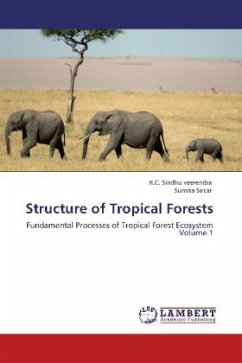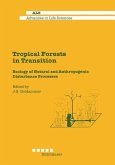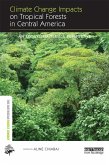Tropical forests are important for maintaining life supporting mechanisms of the biosphere reserve. The floristic architecture and structure of these forests are sensitive to annual rainfall, its reliability and its seasonal distribution. While conditions of structural forests types are known, casual factors which are responsible for creation of variation at micro-level are unknown. Tropical forests are stable as well as fragile and the very character creates much of the variation that is needed for evolution of these ecosystems. These forests are more adapted to biological competition than environmental disturbances. Hence, they exhibit a complex pattern of developmental phases which confers to the whole system a certain resilience which helps in maintaining dynamic equilibrium. However, the massive interference by man who is equipped with modern technology in recent time has exceeded the capacity of the self-maintaining regulatory process and as a result dynamic stability has been destroyed over large parts of tropics. An interdisciplinary approach is discussed for formulating a sustainable development strategy.
Bitte wählen Sie Ihr Anliegen aus.
Rechnungen
Retourenschein anfordern
Bestellstatus
Storno








